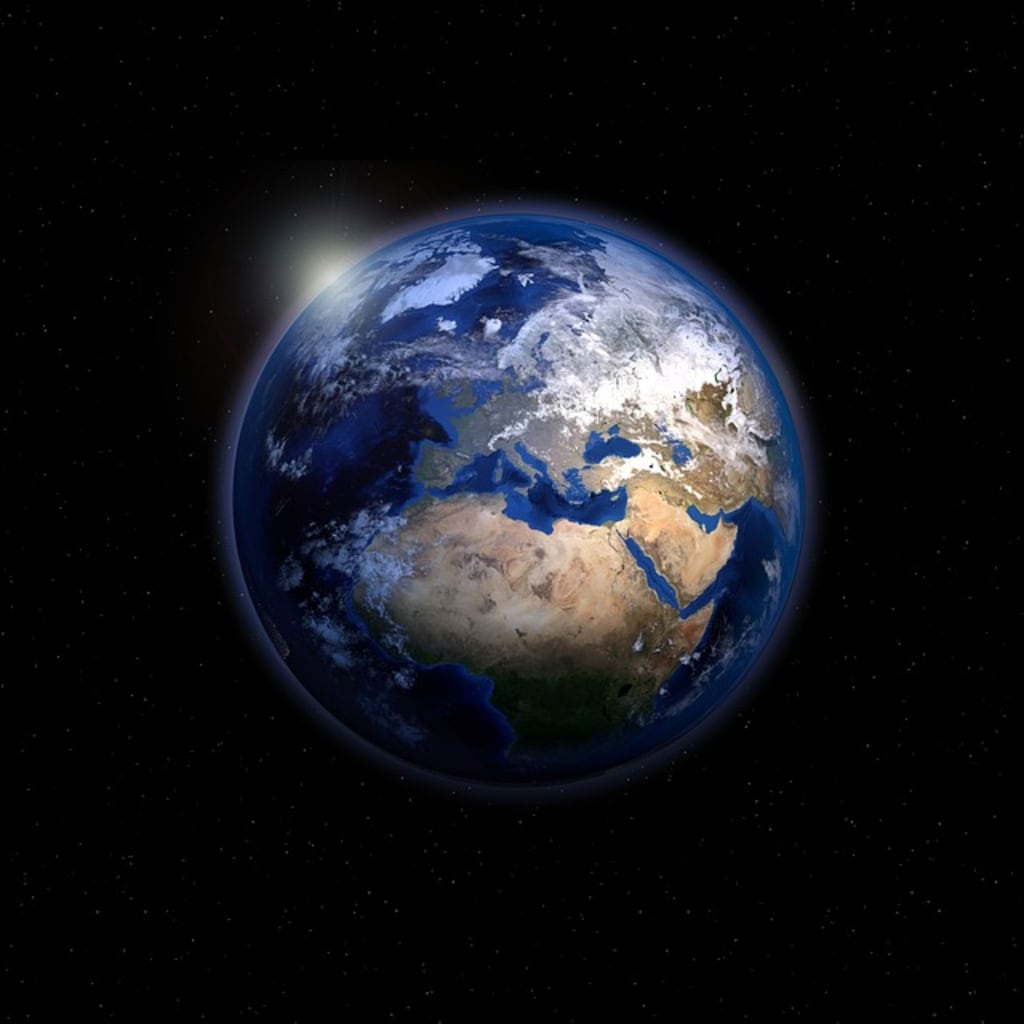How has the Earth's magnetic field evolved over time, and what impact does it have on life on our planet?
Earth's magnetic field

The Earth's magnetic field is one of the planet's most important features, and it has played a critical role in the evolution of life on our planet. The magnetic field acts as a protective shield, deflecting harmful solar radiation and preventing it from reaching the Earth's surface. But the magnetic field has not always been the same as it is today. In fact, over the course of the Earth's history, the magnetic field has undergone significant changes that have had a profound impact on our planet and its inhabitants.
The Earth's magnetic field is generated by the motion of molten iron in the planet's outer core. This motion creates a dynamo effect that generates the magnetic field. The strength and orientation of the magnetic field are constantly changing, and these changes can be measured through geological records.
One of the most significant changes to the Earth's magnetic field occurred about 780,000 years ago when the magnetic field flipped. During a magnetic field reversal, the magnetic north and south poles switch places, and the strength of the field can weaken significantly. The process of a magnetic field reversal can take thousands of years, and during this time, the protective shield of the magnetic field can be significantly weakened, leaving the planet more vulnerable to harmful solar radiation.
While the Earth's magnetic field has flipped many times over the course of its history, the most recent flip occurred about 780,000 years ago, and we are currently in what is known as a "normal polarity" phase. Scientists predict that the next magnetic field reversal could occur in the next few thousand years, although the exact timing of such an event is difficult to predict.
In addition to magnetic field reversals, the Earth's magnetic field has also undergone other changes over time. For example, the strength of the magnetic field has been shown to vary over long periods of time, with some periods of the Earth's history showing a stronger magnetic field than others.
The impact of these changes to the Earth's magnetic field on life on our planet has been significant. Without the protective shield of the magnetic field, the Earth would be bombarded by harmful solar radiation that could have devastating effects on life on the planet's surface. For example, the radiation could damage DNA in living organisms, leading to mutations and potentially even causing extinction events.
In addition to protecting life on Earth from harmful radiation, the magnetic field has also played a role in shaping the planet's climate. The Earth's magnetic field helps to protect the atmosphere from being stripped away by the solar wind, which can have a significant impact on the planet's climate. Without the magnetic field, the Earth's atmosphere would be much more vulnerable to erosion by the solar wind, which could lead to a dramatic change in the planet's climate.
The impact of the Earth's magnetic field on life on our planet is still being studied, but it is clear that changes to the magnetic field can have a profound impact on our planet and its inhabitants. For example, scientists have found evidence that magnetic field reversals could be linked to changes in the climate, including changes in temperature and precipitation patterns.
One area of research that is particularly interesting to scientists is the impact of the Earth's magnetic field on migratory animals. Many species of birds and fish rely on the Earth's magnetic field to navigate during their migrations. If the magnetic field were to weaken significantly or undergo a reversal, it could have a significant impact on these animals' ability to navigate, potentially leading to declines in populations and even extinction events.
Another area of research related to the Earth's magnetic field is its impact on the evolution of life on our planet. Some scientists have suggested that the magnetic field played a critical role in the development of life on Earth by protecting the planet from harmful solar radiation during its early history. Without the protective shield of the magnetic field, it is possible that life on





Comments
There are no comments for this story
Be the first to respond and start the conversation.